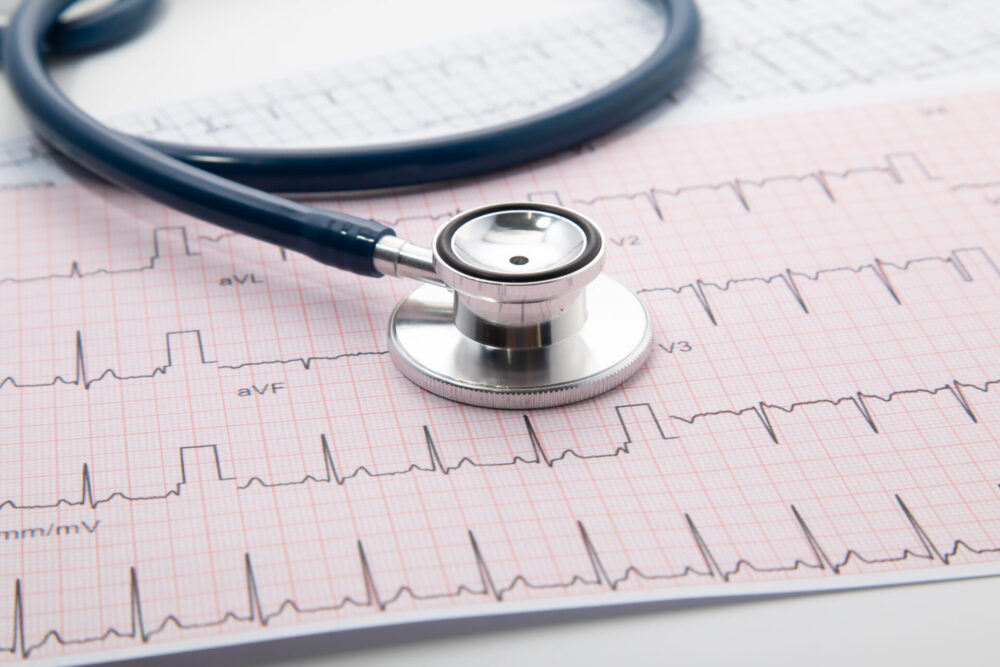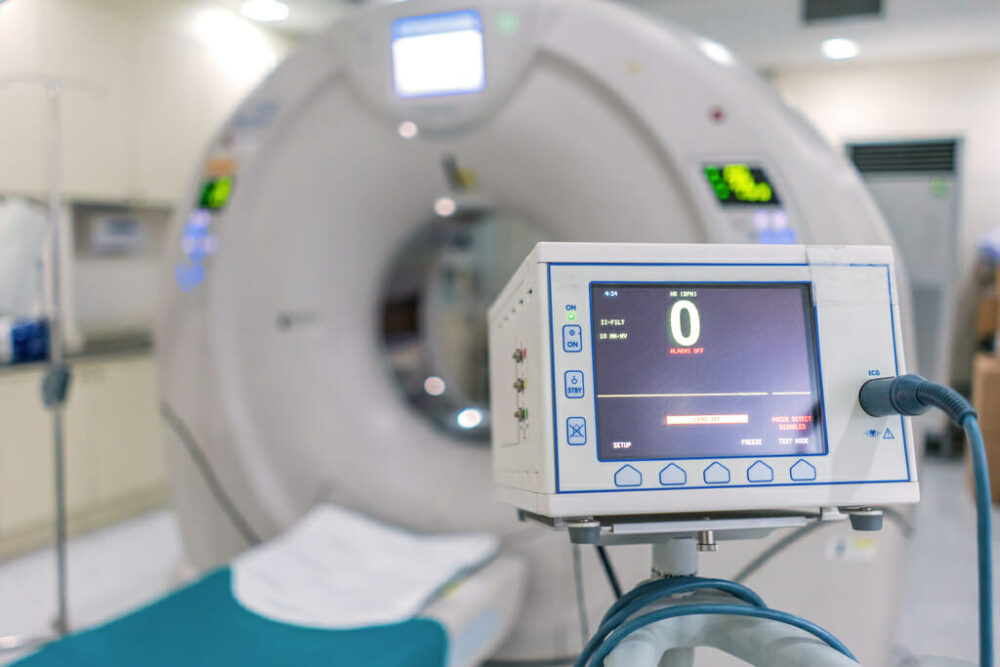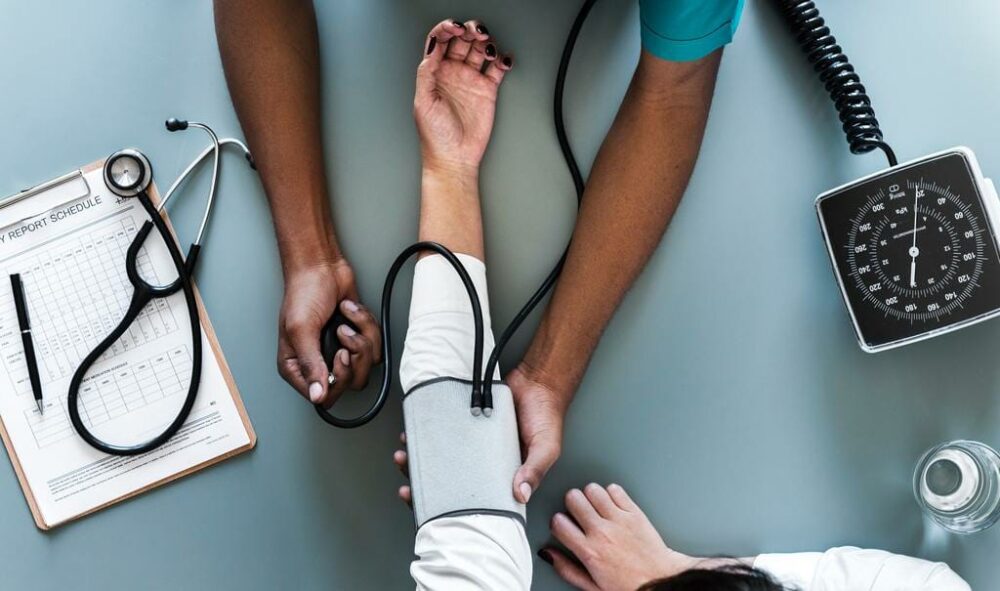Heart palpitations are the feeling that your heart is fluttering, skipping a beat, or beating too hard or too fast. This sensation can be felt in your chest, neck, or throat.
Although palpitations can be bothersome and frightening, they are usually harmless and go away on their own. However, in some cases, heart palpitations can be a sign of a serious heart problem. If your palpitations are accompanied by dizziness, shortness of breath, chest pain, and fainting, get medical attention immediately.
Causes of heart palpitations
Usually, the causes of palpitations are unknown or related to your heart. Some of the most common causes include:
- High-stress levels and strong emotions of fear and anxiety
- Vigorous physical activity
- Consumption of drinks containing caffeine, nicotine, and alcohol
- Medical conditions such as anaemia, thyroid disease, low blood pressure, low blood sugar levels, fever, and dehydration
- Hormonal changes associated with pregnancy, menstruation, and menopause
- Illegal substances such as cocaine, heroin, cannabis, ecstasy, and amphetamines
- Medications such as asthma inhalers, decongestants, antibiotics, beta-blockers, and some herbal and nutritional supplements
- Abnormal heart rhythms known as arrhythmia can also cause palpitations. The most common type is atrial fibrillation, which is when the heart beats irregularly and faster than usual
Diagnosis
Your cardiologist will listen to your heart using a stethoscope and ask about your symptoms and medical history. If they suspect your palpitations are caused by arrhythmia or other heart conditions, they will ask to conduct an electrocardiogram [ECG] to check your heart rate.
This heart test will help your doctor detect any problems in your heartbeat or heart structure that could cause palpitations. They may also suggest that you get a monitoring device to help capture the frequency of the arrhythmia. These devices record your heart’s electrical activity for a period ranging between 24 hours and 14 days.
When should you see a doctor?
As mentioned earlier, heart palpitations are usually harmless and can resolve on their own. If your palpitations only happen occasionally and pass quickly, you do not need to see a doctor. However, if you have a history of heart problems and your palpitations last a long time, it is good to see a cardiologist for further examination. If a heart condition is causing your palpitations, you could develop complications such as fainting, cardiac arrest, stroke, or heart failure.
If you experience heart palpitations and need to see a specialist for a proper diagnosis and treatment plan, contact us today to book a consultation.
Request A Call Back
Please fill in the contact form and we will call you back at a time most convenient for you.
RECENT POSTS




